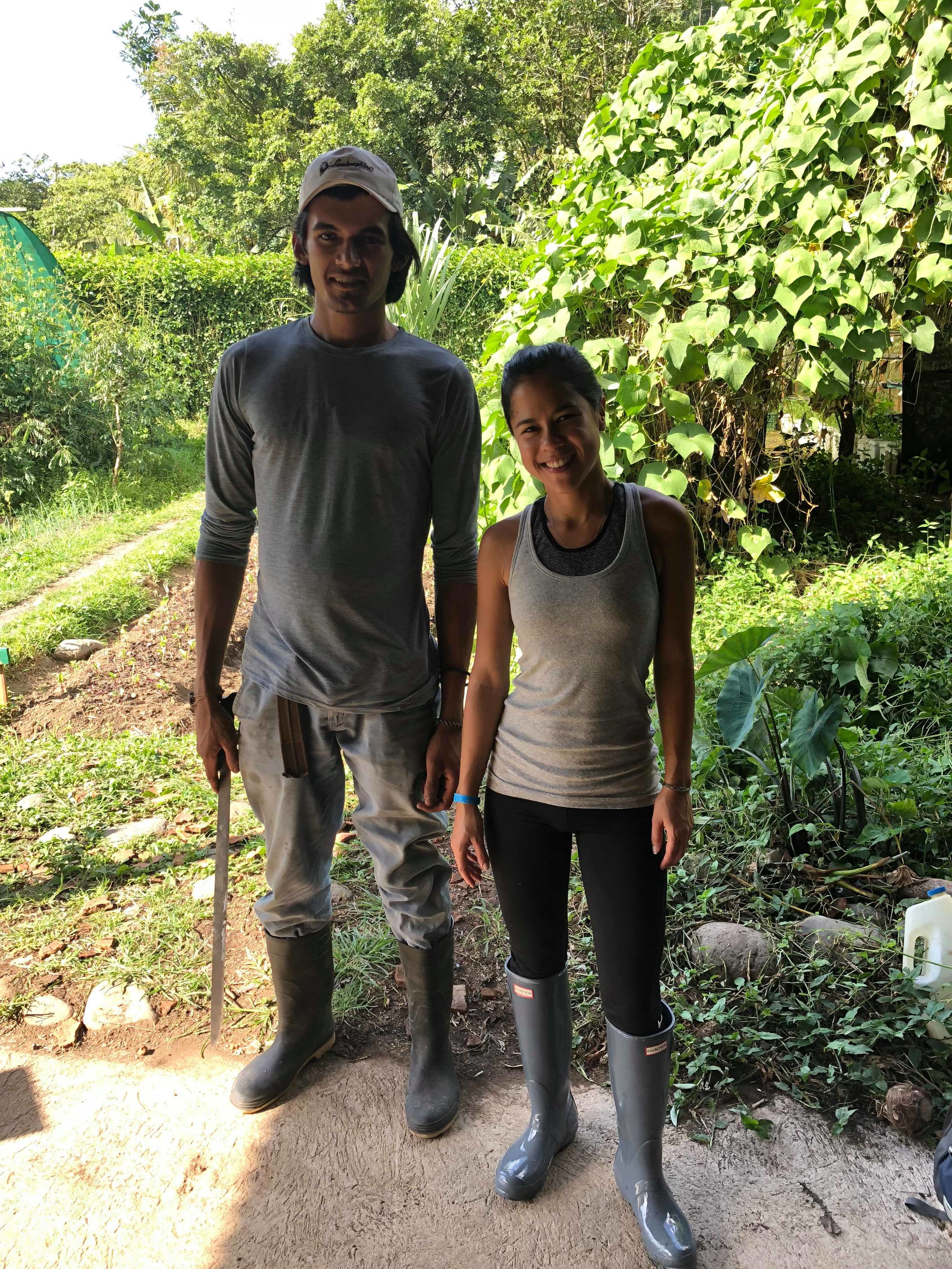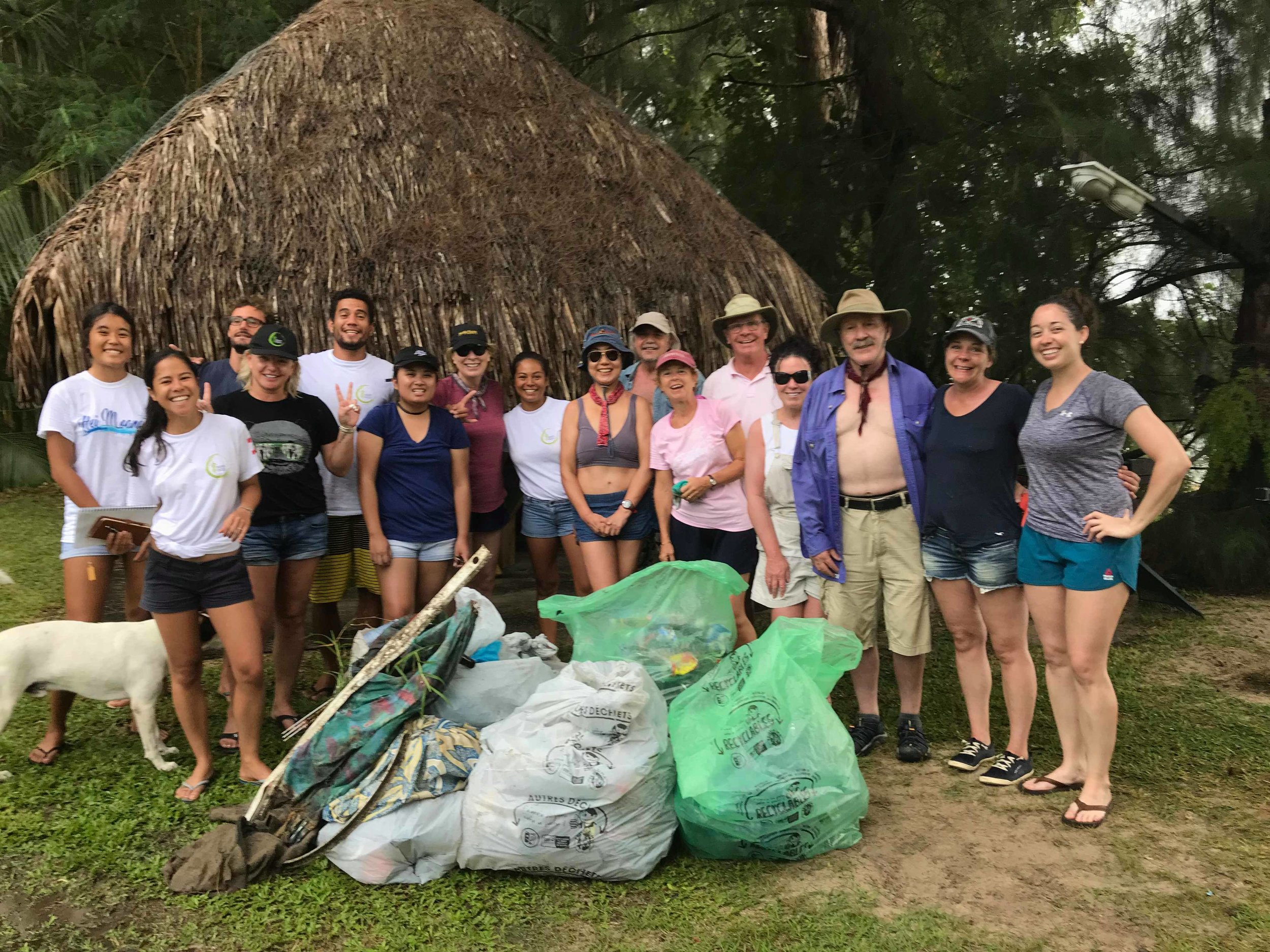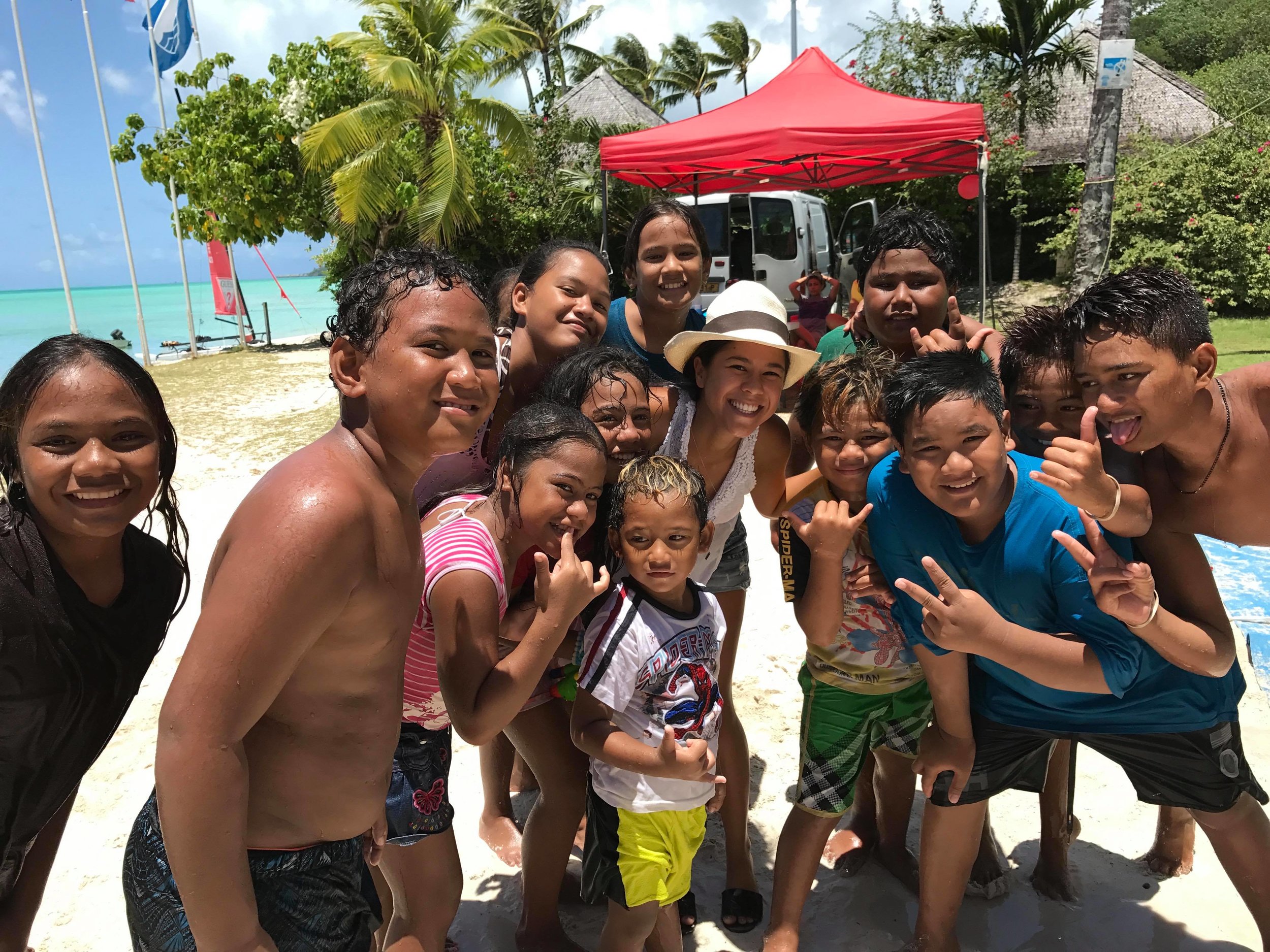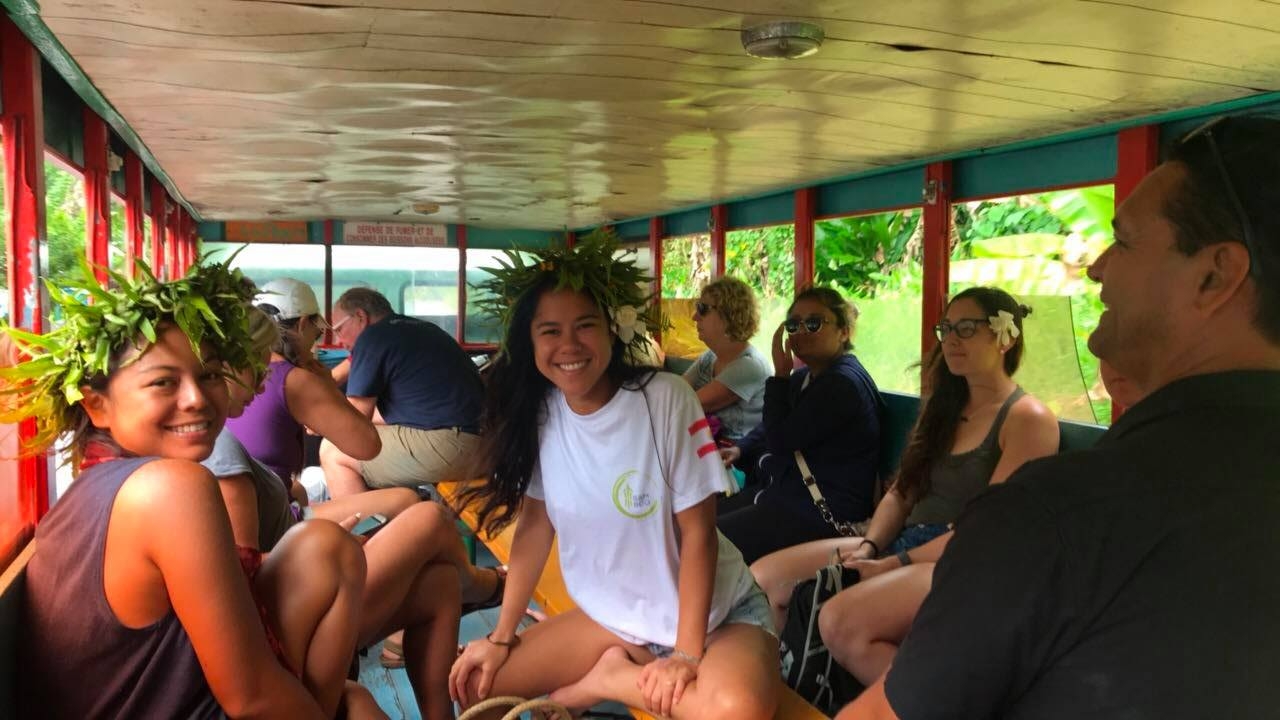Alexandrine Wan: Sustainable Tourism Advocate
Alexandrine Wan, sustainability advocate.
Alexandrine wants to change the way we view tourism.
Have you ever wondered where hotels source their food and products? Or if they’re supporting local companies? Or upholding environmentally conscious practices? These were the questions that sparked Alexandrine Wan’s passion for sustainable tourism. After working at corporate hotel chains, managing ecotours, studying at Harvard’s Extension School and giving an opening address at the United Nation’s 2017 International Year of Sustainable Development Tourism conference, this Tahitian woman is set on promoting the benefits of sustainable tourism. But what exactly is it?
Respecting the environment, culture and people
You may have already heard of eco-tourism. You can think of it as tourism businesses practicing environmentally-conscious initiatives. Sustainable tourism goes a step further. “It focuses on respecting the environment and the people. Its mission encompasses economy, ecology and culture.” Sustainable tourism thinks long-term about the cumulative and irreversible impacts of tourism, paying particular attention to its impact on local communities.
Keeping culture alive: supporting locals
One of the most admirable values of sustainable tourism is its respect for people: both the tourists and the indigenous inhabitants. For travelers, it provides a more meaningful and authentic travel experience. For locals, it is a way to keep their culture and community thriving. This means that hotels work with locals, hire locals and ensure the long-term well-being of locals.
Why is it so important for tourism to switch from a mass-tourism model to a sustainable tourism model from a cultural perspective? “When you see a dying dialect, then you understand that a culture and community is endangered. Sustainable tourism can actually help. In Tahiti, I ask tour guides to speak in Tahitian around guests. It is a request to keep their culture alive.” This new initiative to push locals to sometimes speak their native language in front of tourists has been a small, yet budding success. Tourists are often humbled and interested in learning Tahitian words. “The locals usually say ‘wait, they want to learn about my culture?’ I’ve noticed that it’s strengthening the link between the culture and the people. It’s slowly happening.”
accessible to all
Throughout her career in tourism, she has noticed certain misconceptions around sustainable tourism. “People think that it’s for low cost people, cheap traveling and backpack traveling. Which is totally wrong! Sustainable tourism is accessible at a very wide range of prices. You can go backpacking or you can go to an eco-boutique hotel. This industry is booming because people are more conscious. People are more educated. People understand what’s happening, so they want to travel differently.”
How to make a change
According to Alexandrine, there are many career paths within this field. “That's why I love it so much. I can do events, cooking, strategy, or management, and it's still considered sustainable tourism.” While people in this field hold varying roles and responsibilities, they all share the same values of respect towards culture, people and nature.
It’s about thinking beyond yourself and recognizing that every action we make has an impact on somebody or something. It’s about doing what you love and making the world a better place. It’s about respecting the environment, the people and the culture around you.
She encourages people interested in tourism to “Keep your values high. Do whatever you love. It’s not about a title. It’s about making the world a better place.”
What’s next for Alexandrine?
“For the moment, I'm trying to learn as much as possible, travel a lot and discover what's going on in the world. You never stop learning. It’s about understanding cultures and how they do different things. I really hope to change the way people see tourism, especially in French Polynesia. I’m scared that the impact of over-globalization and over-tourism will destroy our beautiful nature and culture.”
And her most immediate goal? “Positioning French Polynesia as a sustainable tourism destination.”
Who inspires you?
The person I admire the most is of course my Mom! She raised me and my brother with so much love, courage, and balance. Malala, for her courage in fighting for education and women’s rights at such a young age. She proves to us that no matter your age, color, sex or religion, you can achieve anything and be heard. Aung San Su Kii, for her courage and respect to her country, culture and family. She devoted her self to the peace in her country. She has became not only a hope but a figure to an entire country and the world.
Action ItemS For Tourists
Take your time while visiting a country and think beyond the pictures
Leave negative energy behind you
use reef safe sunscreen
choose activities that won’t harm the environment
make local friends and learn about local NGOs
buy and eat local products
Author
Marushka Hirshon is a Tahitian-American nonprofit founder, community organizer and freelance journalist. She graduated from Stanford University with a B.S. in Science, Technology and Society with a focus in Environment and Sustainability. Follow






